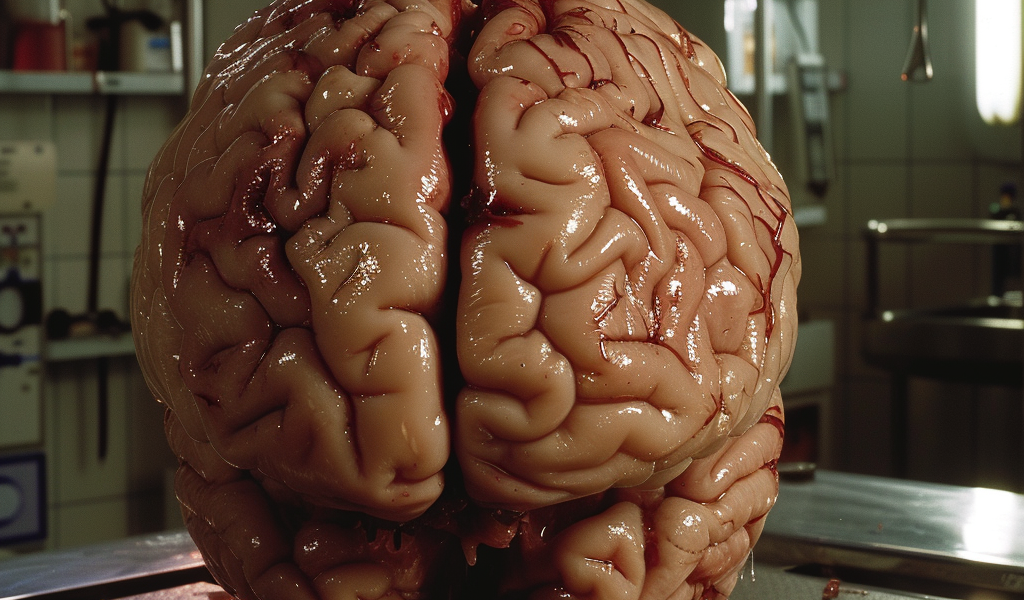In a groundbreaking and somewhat eerie scientific experiment, researchers have successfully kept a pig’s brain alive for five hours after it was separated from the body. This astonishing achievement, detailed in a recent publication in Scientific Reports, opens up new possibilities for studying brain function and could potentially revolutionize our understanding of the human brain.
The ability to sustain brain activity outside of the body, disconnected from its usual biological support systems, is a remarkable feat in itself. The development of a device capable of maintaining the brain’s vitality for an extended period of time presents exciting prospects for future research, not only in the realm of animal brains but also potentially for human brain studies.
Despite significant advancements in neuroscience, the brain remains a mysterious and enigmatic organ. The novel method employed in this experiment could serve as a crucial tool in unraveling the intricate workings of the brain, offering unprecedented insights into its functionality and behavior.
The researchers utilized a process called extracorporeal pulsatile circulatory control (EPCC) to ensure the brain received essential nutrients, oxygen, and blood to sustain its function. The study focused on the impact of glucose deprivation on brain function, shedding light on the brain’s response to metabolic changes.
While previous studies have explored the effects of altering diet and administering insulin, the intricate interplay of the body’s internal mechanisms often complicates the interpretation of results. By isolating the brain from the body, this new preservation method provides a clearer and more controlled environment for studying brain function, potentially overcoming the limitations posed by the body’s adaptive responses.
Furthermore, the researchers speculate that the brain could have remained viable for an even longer duration, indicating the promising potential of this preservation technique for future research endeavors.
This groundbreaking experiment marks a significant milestone in neuroscience, paving the way for unprecedented insights into brain function and opening new avenues for studying the complexities of the human brain.





